Swifties have the Eras Tour – SynBio students have iGEM
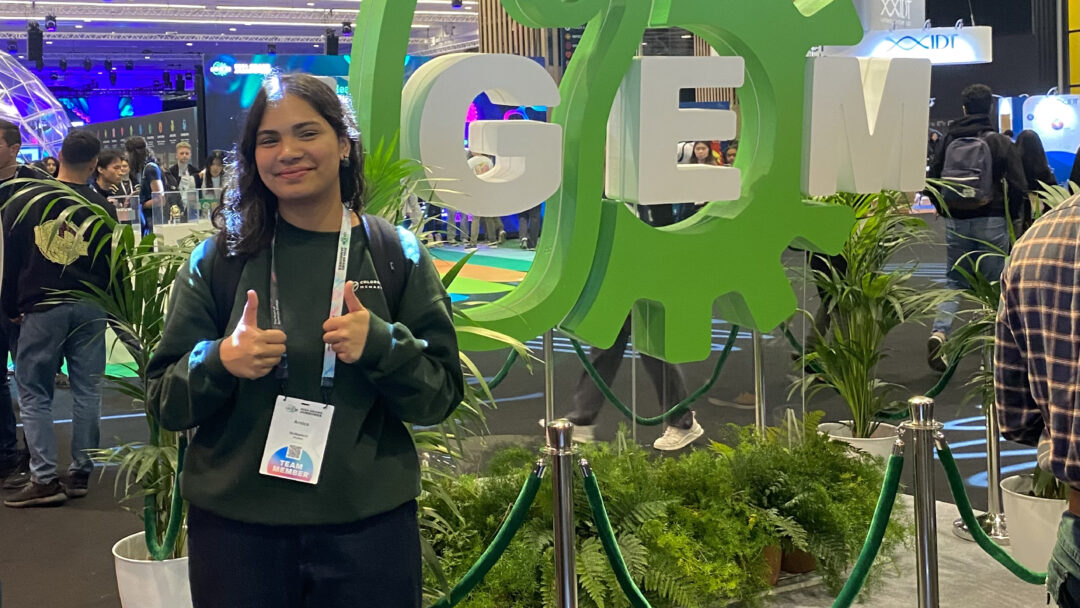
The highlight of Arnica Khaton’s first visit to Paris wasn’t the Eiffel Tower, the Louvre, Versailles or even her morning croissants from the bakery next to her Airbnb.
It was the four days the third-year Integrated Science student spent with her McMaster SynBio teammates packed into the Paris Porte de Versailles Expo. They were among the 410 collegiate and high school teams from 48 countries competing in iGEM’s annual synthetic biology innovation competition.
Organized by the iGEM (International Genetically Engineered Machine) Foundation, the competition’s billed as a worldwide Lego competition with living organisms.
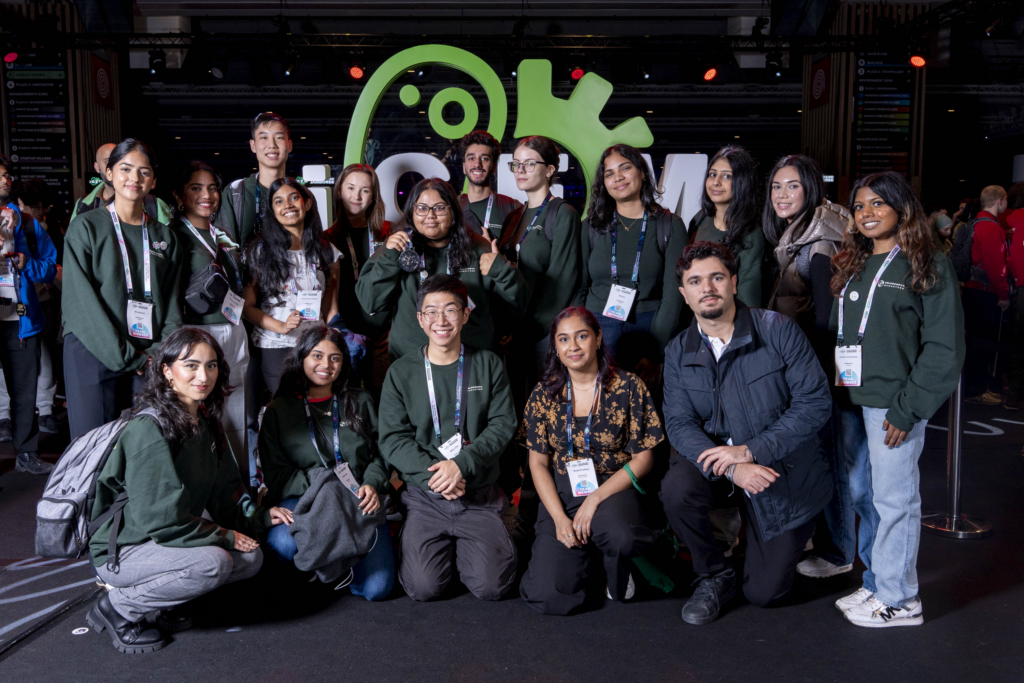 What started as a month-long course at MIT in 2003 grew into a summer competition and then went global. More than 86,000 “iGEMers” have tested over 4,000 synthetic biology projects and proofs-of-concept, leading to future research, PhD thesis projects and new company launches. More than 250 start-ups have come out of the competition – in 2021, the first start-up born at iGEM went public.
What started as a month-long course at MIT in 2003 grew into a summer competition and then went global. More than 86,000 “iGEMers” have tested over 4,000 synthetic biology projects and proofs-of-concept, leading to future research, PhD thesis projects and new company launches. More than 250 start-ups have come out of the competition – in 2021, the first start-up born at iGEM went public.
This year, McMaster SynBio was among the 138 teams that earned silver medals by a panel of international judges – 209 teams were awarded gold medals and 29 teams received bronze medals.
Synthetic biology is a fast-growing field that applies engineering principles and computer science to biological systems to build a better world. It’s about modifying living things on a molecular scale to solve global problems like climate change, infectious diseases and food security. The global synbio market is projected to grow from $14.5 billion in 2024 to $126.9 billion by 2034 – a compound annual growth rate of 24.2 per cent. It’s an industry Arnica plans to work in as a McMaster graduate.
One of the iGEM co-founders has described synthetic biology as the third generation of biotechnology – the first was genetic selection followed by genetic engineering. Synthetic human insulin, which was produced in 1978 using E. coli bacteria to replace insulin from cattle and pigs, is perhaps the best known SynBio solution.
This year’s three grand prize-winning teams showed how to bioengineer rubber-producing dandelions to curb rainforest deforestation, combat mosquito-borne dengue fever with a recombinant biolarvicidal toxin, and create a toolbox for rationally engineering 3D genome organization.
McMaster SynBio’s project focused on turning microalgae into a scalable carbon-sequestering organism that could then be used to produce high value peptides, such as bacteria-targeting proteins that are an alternative to increasingly ineffective antibiotics.
They designed and built their experiment through the winter and spring, tested it during the summer and spent the fall term preparing their presentation video, 10-minute talk and project wiki page.
It was like working on a collaborative and self-directed fourth-year thesis project, says Arnica – although an easy case could be made that the scope of their project was comparable to graduate-level research with science that could launch a start-up.
Arnica first heard about McMaster SynBio during ClubsFest. She was excited by the opportunity to go to Paris and intrigued by going into a lab and doing hands-on research as an undergrad. “SynBio and iGEM exceeded all my expectations. It was such an awesome experience from start to finish.”
She missed her midterms while in Paris which meant writing back-to-back-to-back exams the day after returning to McMaster. “I won’t remember the midterms but I’ll never forget the competition.”
Arnica and her teammates also had to learn the science and art of raising money through fundraisers, grant applications and sponsorship pitches. “We sent out a lot of cold emails.”
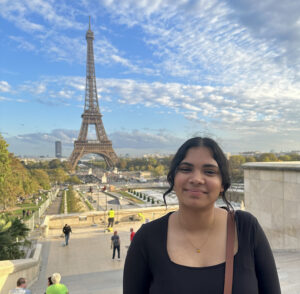 Team members were on the hook for airfare, accommodations and meals. Those costs could’ve been a deal breaker for Arnica if she hadn’t received a Schulich Leader Scholarship in 2022 – it’s Canada’s largest and most prestigious STEM scholarship.
Team members were on the hook for airfare, accommodations and meals. Those costs could’ve been a deal breaker for Arnica if she hadn’t received a Schulich Leader Scholarship in 2022 – it’s Canada’s largest and most prestigious STEM scholarship.
Arnica met teams at the competition that were fully funded – most were from Asia and Europe where iGEM is better known and a much bigger deal. “One of the teams was backed by their country’s royal family.”
While the competition was a major commitment of time and money, Arnica sees it as a smart investment in her future. “There’s no better place to meet start-up founders, business leaders, experts and other students from around the world.” For students like Arnica who have a passion for synbio, iGEM is like Disney World for kids or the Eras Tour for Taylor Swift fans.
She plans to return to Paris in 2025 – recruitment’s underway for next year’s McMaster SynBio team, along with the search for funding, grants and hopefully a professor who’ll offer up a rent-free corner of their wet lab during the summer.
“We’d be thrilled to promote the professor’s lab to more than 9,500 iGEMers and dozens of synbio companies at the competition,” says Arnica, proving she could work in fundraising should she have a change of heart about a future career in synbio.

Students, Undergrad research
Related News
News Listing
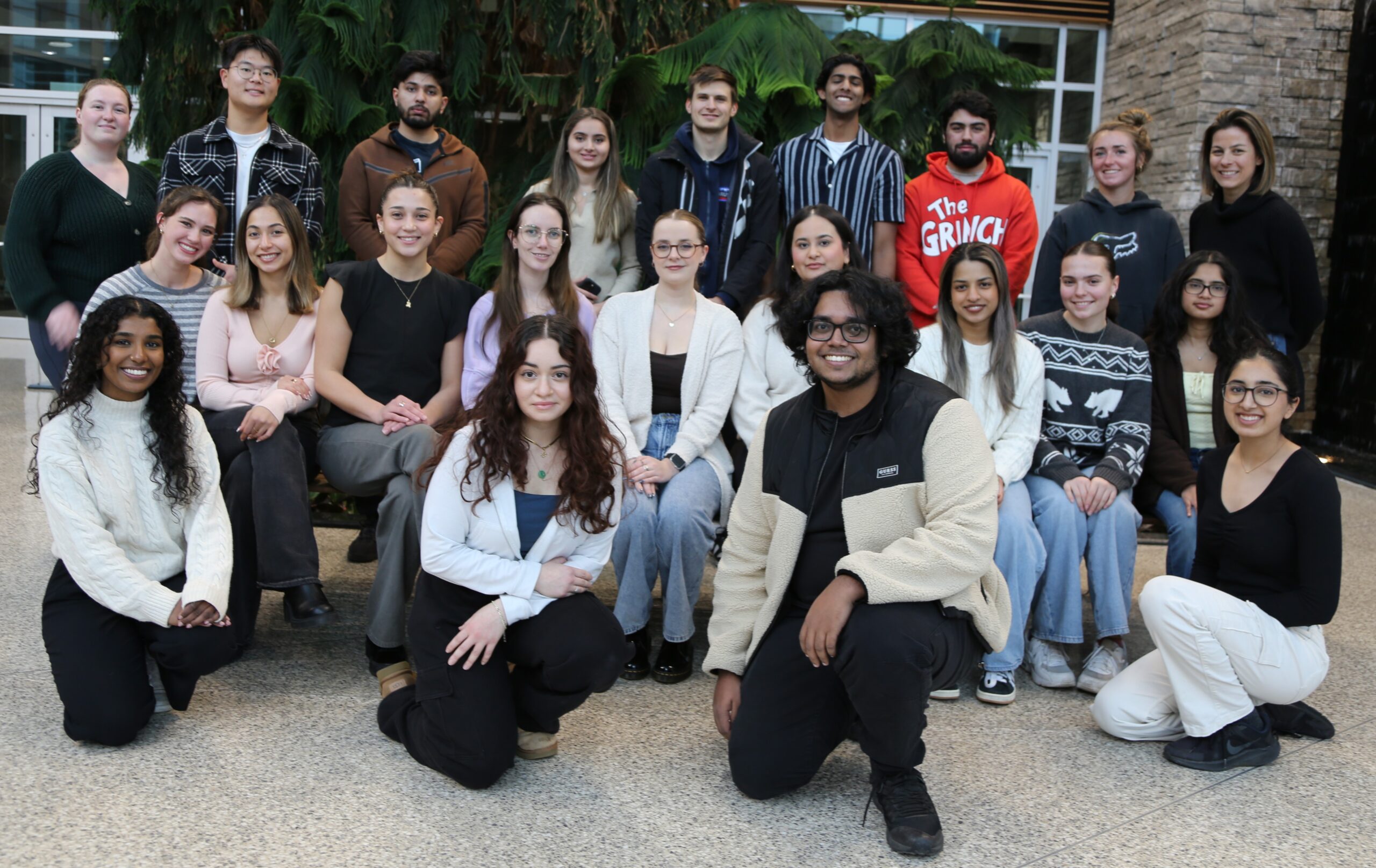
To understand it, teach it – students take nutrition science course on the road
Community, Student experience, Students, Teaching excellence
December 3, 2024
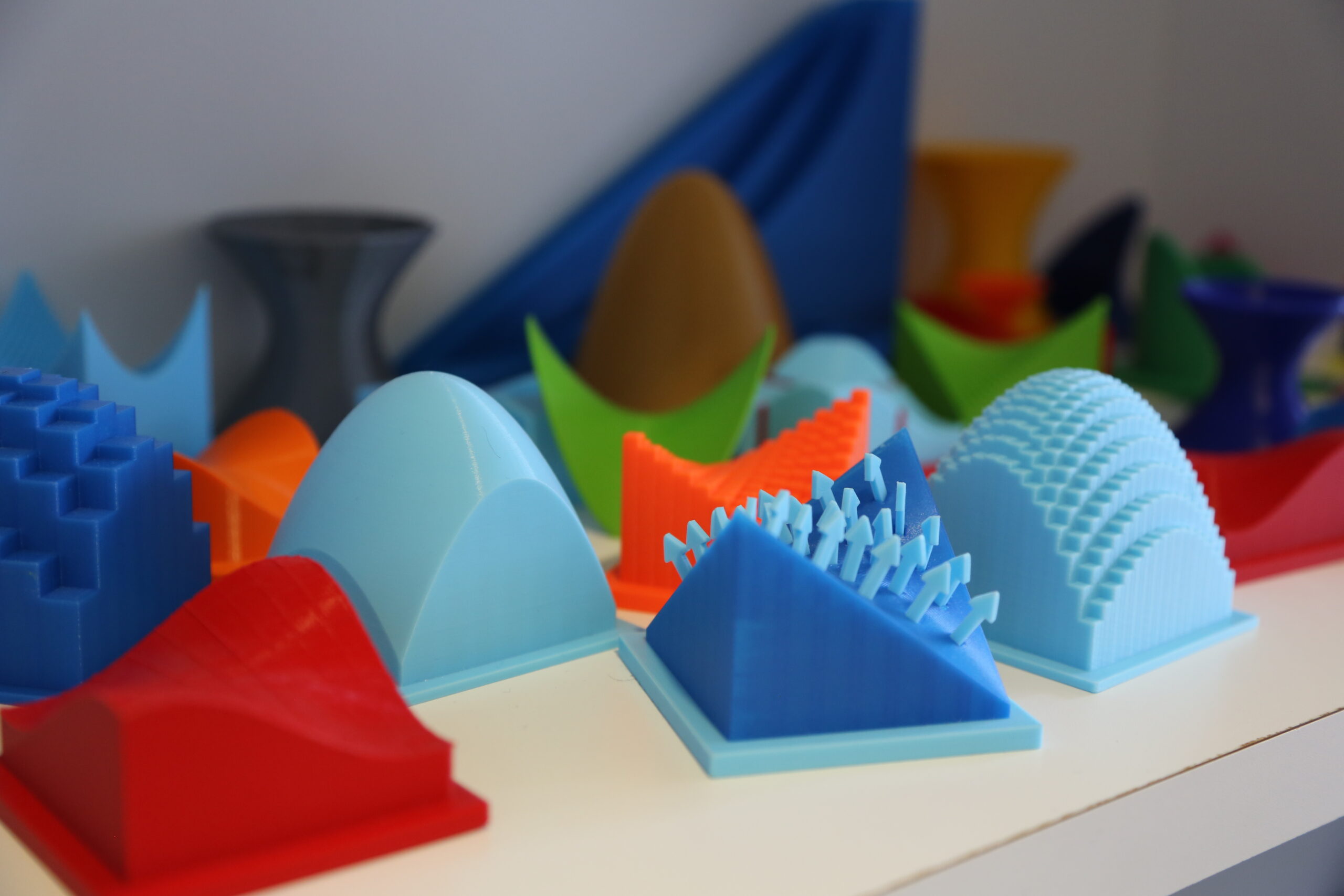
Students turn hard-to-grasp calculus concepts into handheld 3D models for educators around the world
Student experience, Students, Undergrad research
November 27, 2024

